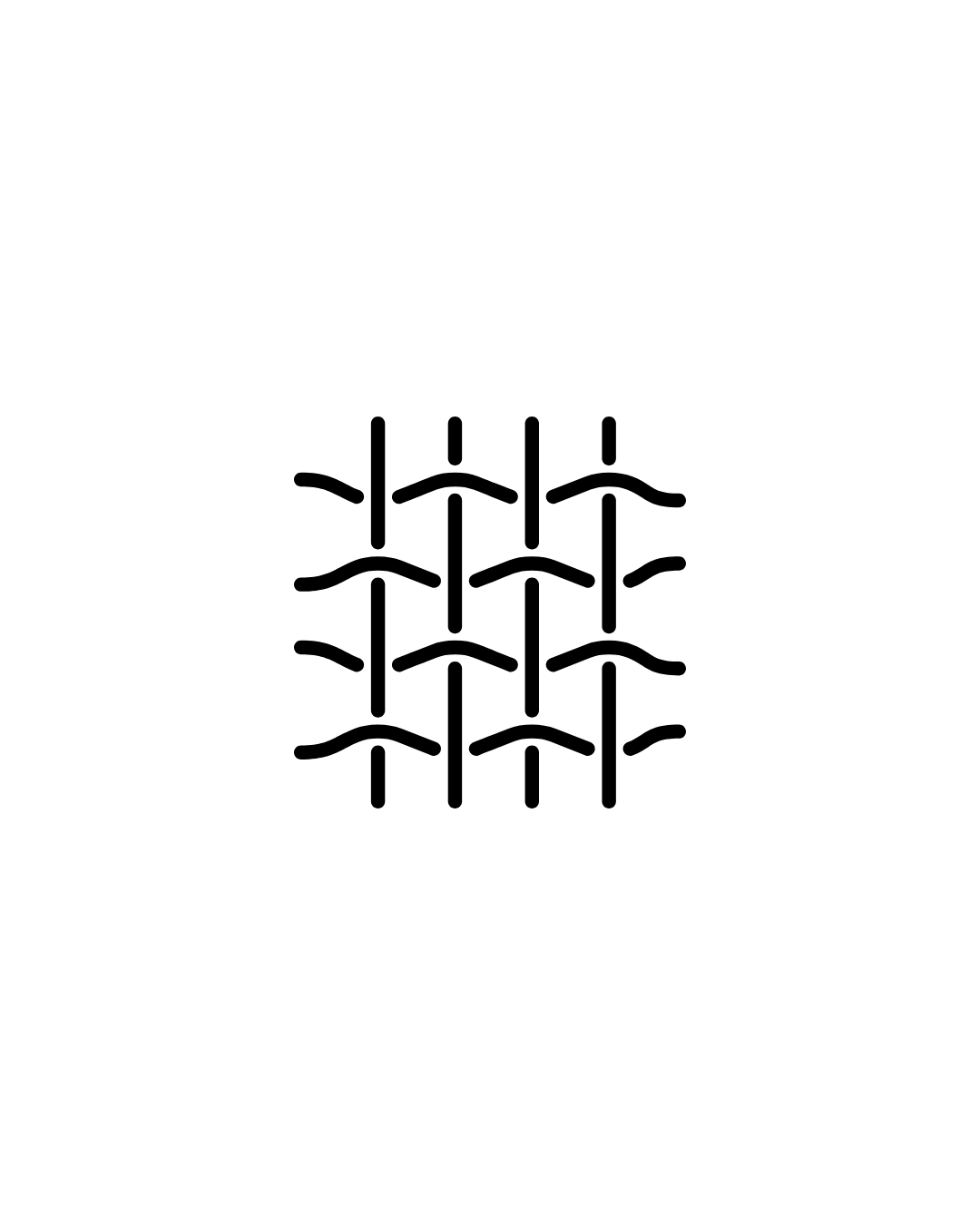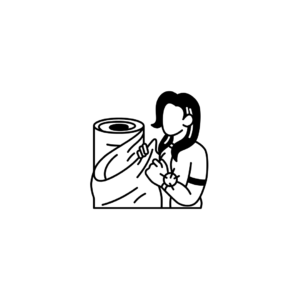Description
A Master of Arts (MA) in Textile Design is an advanced degree program that focuses on the creation and application of textile patterns, materials, and technologies. This program typically integrates artistic creativity with practical skills and technical knowledge, preparing students for various roles within the textile and fashion industries.
Curriculum Overview
The curriculum for an MA in Textile Design encompasses a broad range of subjects that allow students to explore different aspects of textile creation, from conceptualization to production. Although specific offerings can vary by institution, here are common components and areas of focus in this program:
Core Components
Textile Design Principles:
Introduction to the foundational concepts of textile design, including color theory, pattern development, and structural design.
Material Science and Technology:
Exploration of different materials and fibers, including their properties and applications in textile design, as well as innovations in textile technology.
CAD for Textile Design:
Training in computer-aided design software specific to textiles, enabling students to create digital patterns, simulations, and technical specifications.
Sustainable Textile Practices:
Examination of sustainable materials and eco-friendly production methods, focusing on minimizing environmental impact in textile design.
Weaving and Knitting Techniques:
Hands-on experience with various textile production methods, including weaving, knitting, and printing, to understand the construction and functionality of fabrics.
Surface Design Techniques:
Exploration of various surface design methods, including dyeing, printing, embroidery, and embellishment, to add visual interest and texture to textiles.
Fashion and Interior Applications:
Understanding how textile design is applied in fashion and interior design, including trend forecasting and market analysis.
Cultural Contexts of Textiles:
Study of the historical, cultural, and social significance of textiles across different cultures, exploring traditional and contemporary practices.
Professional Development and Portfolio:
Guidance on building a professional portfolio and developing skills needed for the job market, such as presentation, networking, and self-promotion.
Capstone or Thesis Project:
A final project that allows students to showcase their design skills, often involving the development of a comprehensive body of work that demonstrates mastery of textile design.
Career Opportunities
Graduates with an MA in Textile Design can pursue a variety of careers in different sectors, including:
Textile Designer: Creating original patterns and designs for fabrics used in fashion, interior design, and other applications.
Surface Pattern Designer: Specializing in creating prints and surface patterns for a range of products, such as clothing, home textiles, and accessories.
Product Developer: Collaborating with design teams to oversee the development of textile products, ensuring designs align with market trends.
Textile Technology Specialist: Working with manufacturers to innovate and improve textile production processes, focusing on efficiency and sustainability.
Sustainability Consultant: Advising companies on how to integrate sustainable practices into textile design and production.
Fashion Designer: Incorporating textile design into garment creation, focusing on fabric choices and surface treatments.
Interior Designer: Using textile knowledge to design and select fabrics for residential and commercial spaces, including upholstery and drapery.
Educator: Teaching textile design at various educational levels, sharing expertise and fostering creativity in the next generation of designers.
Further Education
After earning an MA in Textile Design, graduates may choose to pursue additional specialization through certifications or doctoral studies in related fields such as fashion design, textile science, or art education.
If you have any questions about the Master of Arts in Textile Design program, potential career paths, or related topics, feel free to ask!









